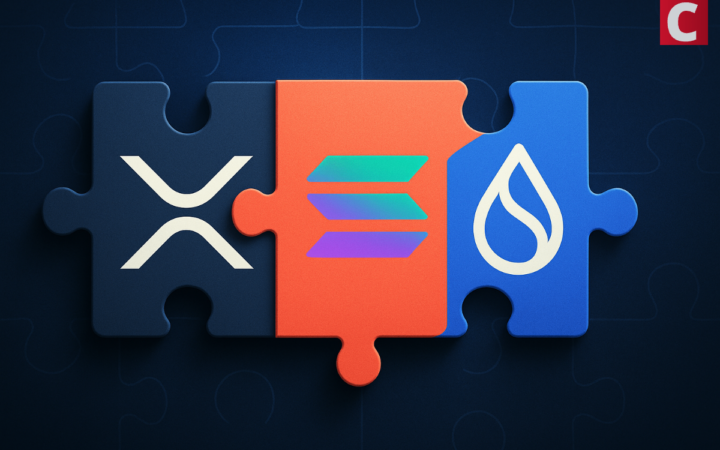Taking strong interest in blockchain, cryptocurrencies, and IoT, Tatsiana Yablonskaya got deep understanding of the emerging techs believing in their potential to drive the future.
ANZ and Westpac, two leading Australian banks, have successfully trialed to apply blockchain to bank guarantees on commercial property leasing. Blockchain allowed to digitize the paper-based guarantee process, which resulted in reduced possibility of fraud and enhanced efficiency.
A bank guarantee is an initiative a bank takes on behalf of its customer to pay a named beneficiary if the customer fails to fulfil contractual obligations.
This blockchain trial used Distributed Ledger Technology (DLT) powered by Hyperledger Fabric V1.0, a blockchain framework and one of the Hyperledger projects hosted by the Linux Foundation. The Foundation has been advancing blockchain in cooperation with financial and tech giants including ANZ and IBM.
Nigel Dobson, the ANZ’s general manager wholesale digital, says that they wanted first of all to focus on the implementation of the blockchain avoiding the hype surrounding the technology.
“This proof of concept demonstrates how we can collaborate with our partners to develop a digital solution for customers, which also has the potential for industry-wide adoption,” he says.
The trial was conducted in cooperation with IBM and shopping center operator Scentre Group.
Mark Bloom, chief financial officer at Scentre Group, reveals that the improvement, or even complete transformation, of decades-old process for issuing, tracking and claiming on guarantees was highly-anticipated.
“With approximately 11,500 retailers across Australia and New Zealand who use guarantees to support rental obligations, manual tracking of guarantees has been an extremely cumbersome and labour intensive process,” he says.
Dr Joanna Batstone, director of IBM Research Australia, believes that blockchain is capable of revolutionizing processes across all Australian industries.
Andrew McDonald, general manager corporate and institutional banking at Westpac, agrees that blockchain-based process can minimize the risk of fraud or error. “Next steps involve encouraging all industry players to adopt this technology so we can better protect and save money for our customers,” he says. “Beyond that there is no reason why this couldn’t be applied across other industries.”
Last week, SWIFT informed about its collaboration with 22 additional global banks in the development of its blockchain proof of concept (PoC), a part of new standard for cross-border payments called SWIFT global payments innovation (gpi) service. PoC aims to research whether the blockchain can enable banks reconcile their international nostro accounts in real time.
The PoC’s blockchain application is now under development by SWIFT and six founding banks that launched the PoC earlier this year. The new 22 banks will be mainly involved in testing and validating the application to evaluate how the technology scales and performs.





